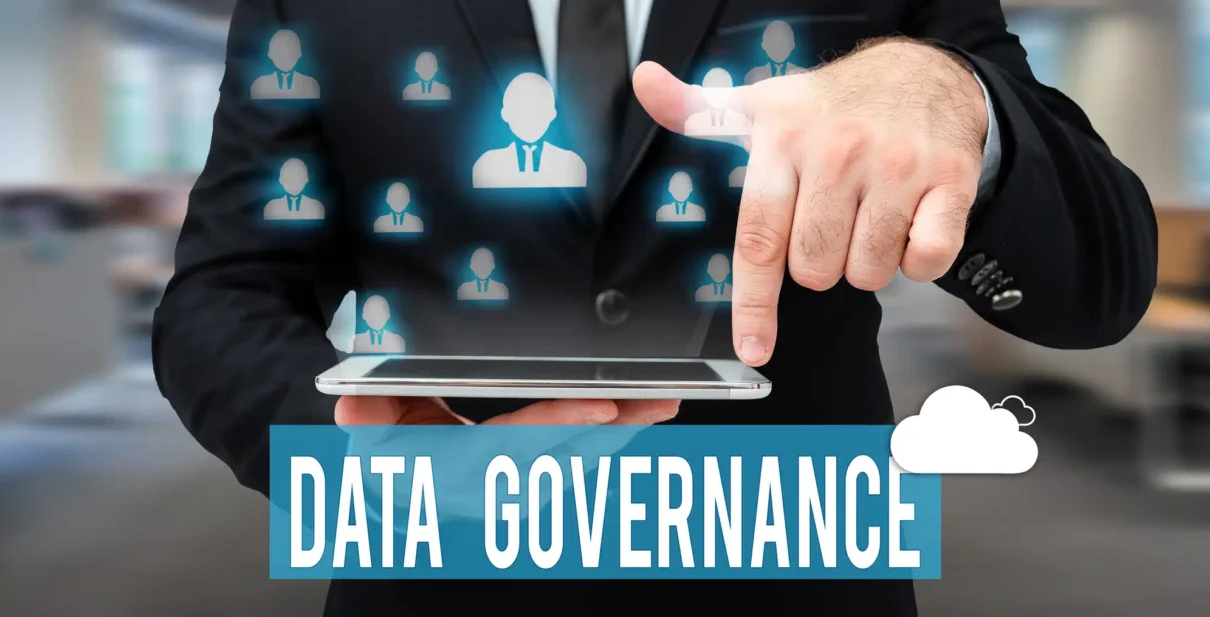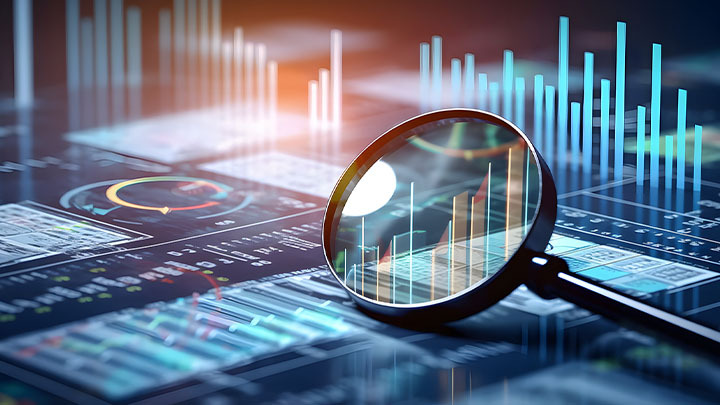- 4 December 2023
- by Etsah Groupe
- Data governance
- 3mins read
- 73 Views
- 6 Comments
Exploring Emerging Data Governance Professions in IT Consulting and Outsourcing
The landscape of data governance is evolving rapidly, transforming the way businesses manage, secure, and utilize their data. Within the realm of IT consulting and outsourcing, new roles have emerged to navigate this complex domain. Let's delve deeper into these emerging professions crucial for ensuring data integrity, security, and effective management.
Fundamental Roles in Data Governance
Data Owner: At the forefront of safeguarding data integrity, the Data Owner oversees specific business domains, expanding their role by crafting management rules and processes governing the data lifecycle. Their accountability arises when data is used for analysis or consultations, ensuring responsible and secure usage.
Data Steward: Playing a pivotal role, the Data Steward gathers comprehensive knowledge of data management rules and implements actionable strategies to enhance data quality. They actively collaborate with operational teams, raising awareness about data governance concerns.
Evolution of Data-Related Professions
Data Analyst / Data Scientist: Traditionally focused on analysis, these professionals have transitioned to providing valuable insights to Data Owners. They now conduct extensive data integrity checks, broadening their role to that of a Data Custodian, ensuring data security and integrity.
Data Custodian: Specializing in analysis or integration, the Data Custodian vigilantly safeguards data, ensuring its security and integrity within the organization's framework. They serve as the technical administrators of the data governance strategy.
Master Data Manager: Responsible for overseeing the company's reference data, this role ensures the reliability and accuracy of critical data utilized across various applications. Their expertise lies in data integration and analysis.
Leadership and Oversight in Data Governance
Chief Data Officer (CDO) and Data Governor: These key leadership roles are tasked with overseeing and implementing robust data governance strategies. They guide the data governance committee towards aligning strategies with the organization's evolving needs.
Data Governance Committee: Comprising representatives from different business domains and data governance roles, this committee fosters an environment for ideation and strategy formulation aligned with the dynamic requirements of data governance.
Emerging Roles and Regulatory Compliance
DataOps: A relatively recent addition, DataOps ensures data architecture maintenance through automated processes, facilitating more efficient workflows for data engineers.
Data Protection Officer (DPO): Crucial for ensuring compliance with legal frameworks concerning data management and protection, particularly significant in regions where appointing a DPO is a legal requirement.
Data User: Every employee interacting with application data holds a shared responsibility for its daily usage, emphasizing data quality assurance and judicious transmission channel selection.
In conclusion, the emergence of these specialized roles in data governance signifies a concerted effort by organizations to ensure responsible, secure, and efficient management of their invaluable data assets, adapting to the dynamic landscape of modern information management.
Frequently Asked Questions (FAQs):
Discover the evolving landscape of data governance professions in the realm of IT consulting and outsourcing. Uncover key roles like the Chief Data Officer (CDO), Data Stewards, and Data Custodians, each contributing distinct expertise to ensure data integrity and compliance. Delve into the significance of emerging roles such as DataOps and the critical role they play in modern data management. Explore how these professionals navigate regulatory compliance, exemplified by the pivotal role of the Data Protection Officer (DPO). Explore our FAQ section to unravel the nuanced responsibilities and contributions of these burgeoning data governance roles.
The Chief Data Officer (CDO) plays a strategic role in overseeing the implementation of the data governance strategy. They are responsible for ensuring that data is managed securely, compliant with regulations, and aligned with business objectives. The CDO also oversees optimizing data value for the business and ensures that stakeholders understand the benefits and best practices associated with data.
The Data Steward is responsible for coordinating and implementing data management policies, data quality, and raising operational teams' awareness about data governance issues. Conversely, the Data Custodian is primarily focused on data security and integrity, ensuring protection and compliance with established security standards.
DataOps is critical as it ensures operational fluidity by automating data management processes. It enables better collaboration between technical and operational teams, accelerating the deployment of data-driven solutions. By optimizing data architecture, DataOps contributes to operational efficiency and reliability.
New roles like the Data Protection Officer (DPO) have emerged to ensure compliance with data protection regulations. The DPO oversees the establishment of policies and procedures to ensure data confidentiality and security, ensuring the company complies with laws and regulations related to data privacy and protection. These professionals play a crucial role in avoiding non-compliance risks and potential penalties associated with violating regulations.











6 Comments